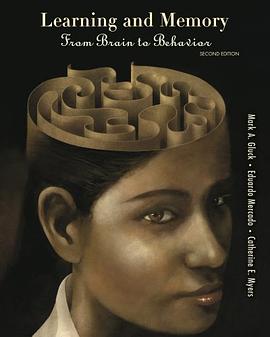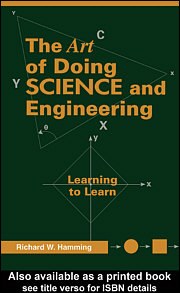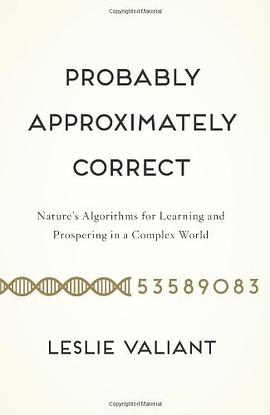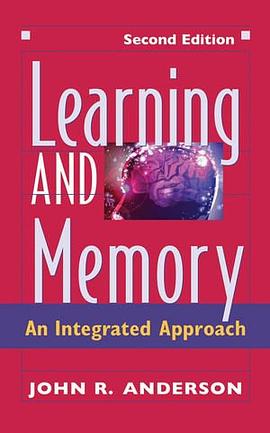Learning and Memory 豆瓣
作者:
Mark A. Gluck
/
Eduardo Mercado
…
Worth Publishers
2013
- 1
Rigorously updated, with a new modular format, the second edition of Learning and Memory brings a modern perspective to the study of this key topic. Reflecting the growing importance of neuroscience in the field, it compares brain studies and behavioural approaches in human and other animal species, and is available in full-color throughout.



